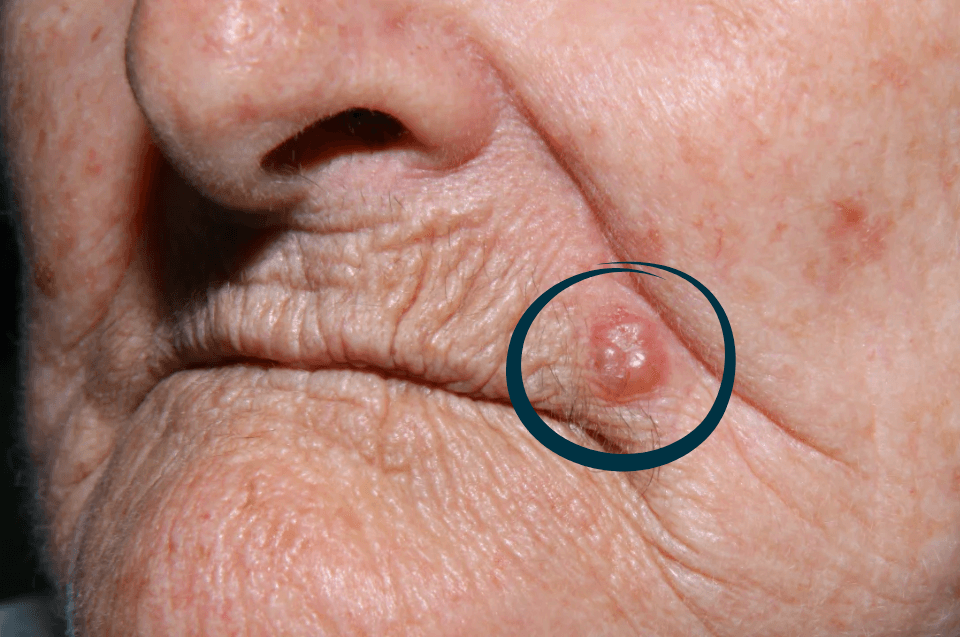Why Prepare Before Traveling to France? 🌍
France is one of the most visited countries in the world, known for its history, culture, cuisine, and stunning landscapes. To fully enjoy your trip and avoid unexpected health issues, it’s essential to understand how the healthcare system works, what vaccines are advised, and what to know about medications and insurance requirements.
Common Health Conditions in France 📊
💜 Cardiovascular Diseases
The leading cause of death in France, often linked to sedentary lifestyles, high-fat diets, and aging.
🛌 Cancer (lung, breast, prostate, colon)
Highly prevalent, but the country offers strong prevention and screening programs.
🧐 Type 2 Diabetes
Especially common in urban and older populations.
💧 Respiratory Infections
Frequent during the colder months (autumn and winter), particularly among vulnerable groups.
Common Health Issues Among Tourists in France 🌐
🤧 Colds and Flu
The colder European climate, especially in winter, can trigger respiratory illnesses, especially for travelers from warmer countries.
🍽️ Digestive Discomfort
Cheeses, cured meats, and richer or spicier foods may cause gastrointestinal issues in travelers not used to them.
🧼 Minor Accidents in Tourist Areas
Sprains, slips, or minor injuries can occur around stairs, metro stations, or uneven sidewalks—common in historic cities like Paris, Lyon, or Nice.
Is Travel Insurance Required for France? 💳
Yes. France is part of the Schengen Area, which requires valid travel insurance with minimum coverage of €30,000for medical emergencies.
A standard travel insurance plan should cover:
Emergency medical care and hospitalization
Urgent surgeries and consultations
Diagnostic exams
Dental emergencies
Lost luggage or trip cancellation
Medical repatriation
Without insurance, even basic medical services can be costly.
How Does the Healthcare System Work in France? 🏥
France has one of the best public healthcare systems in the world—affordable and high-quality for residents.
For tourists, however:
Medical services must be paid out of pocket or claimed through travel insurance
Pharmacies are well-regulated, and pharmacists often provide basic guidance and recommend over-the-counter solutions
Many doctors speak English, especially in larger cities, but it’s always a good idea to carry important medical info translated
Recommended Vaccines Before Traveling to France 💉
📅 There are no mandatory vaccines for entering France. Still, health authorities recommend the following for all travelers:
Influenza (Flu) – Particularly if visiting in fall or winter
Hepatitis A and B
MMR (Measles, Mumps, Rubella)
COVID-19
Tetanus and Diphtheria
🚨 Measles outbreaks have occurred in parts of Europe in recent years — make sure your MMR vaccination is up to date.
Medications in France: What You Can and Can’t Bring ⛔️💊
If you’re bringing medications into France, it’s important to understand what’s allowed, restricted, or requires documentation.
🚫 Controlled or Restricted Medications
These medications may require a prescription or extra documentation to avoid issues at customs:
Metamizole (Dipyrone): Allowed in limited quantities with a prescription. This drug is rarely used in France.
Benzodiazepines (clonazepam, diazepam, alprazolam): Require a prescription with diagnosis, preferably translated into English or French.
Codeine and related opioids: Heavily restricted; may require a medical report.
Methylphenidate (Ritalin): Controlled substance; allowed with detailed medical documentation and translated prescription.
Antibiotics: Not banned, but must be accompanied by a prescription if brought from abroad.
✅ Permitted (For Personal Use in Reasonable Amounts)
These are commonly accepted without restriction:
Paracetamol (acetaminophen), ibuprofen
Antihistamines, antacids, anti-diarrheals (e.g., loperamide)
Vitamins and supplements, if carried in personal-use quantities and in original packaging
🛫 Medication Guidelines for Travelers
Carry all medication in your hand luggage in its original packaging
Bring a copy of your medical prescription and a simple English or French translation
Do not carry more than what is needed for the length of your stay
Avoid unlabeled or loose pills
🔎 Example:
“Patient uses alprazolam 0.25 mg daily for anxiety. Prescribed by Dr. [Name], valid for travel from [Start Date] to [End Date].”
Pre-Travel Health Checklist for France ✅🧳
✅ Travel insurance with Schengen coverage (€30,000 minimum)
✅ Vaccines up to date
✅ Medical prescriptions + translations (for controlled medications)
✅ Personal medication supply in original packaging
✅ Basic first-aid kit
✅ Addresses of local hospitals and pharmacies near your accommodation
✅ Travel documents and emergency contacts
Final Thoughts ✨
France offers an unforgettable travel experience—stunning architecture, world-class cuisine, and vibrant culture. With the right health preparation, you can enjoy your trip with peace of mind.
Whether it’s knowing which vaccines to update, how to travel with medications, or choosing a proper insurance plan, being prepared will make all the difference in ensuring a safe and stress-free journey.



